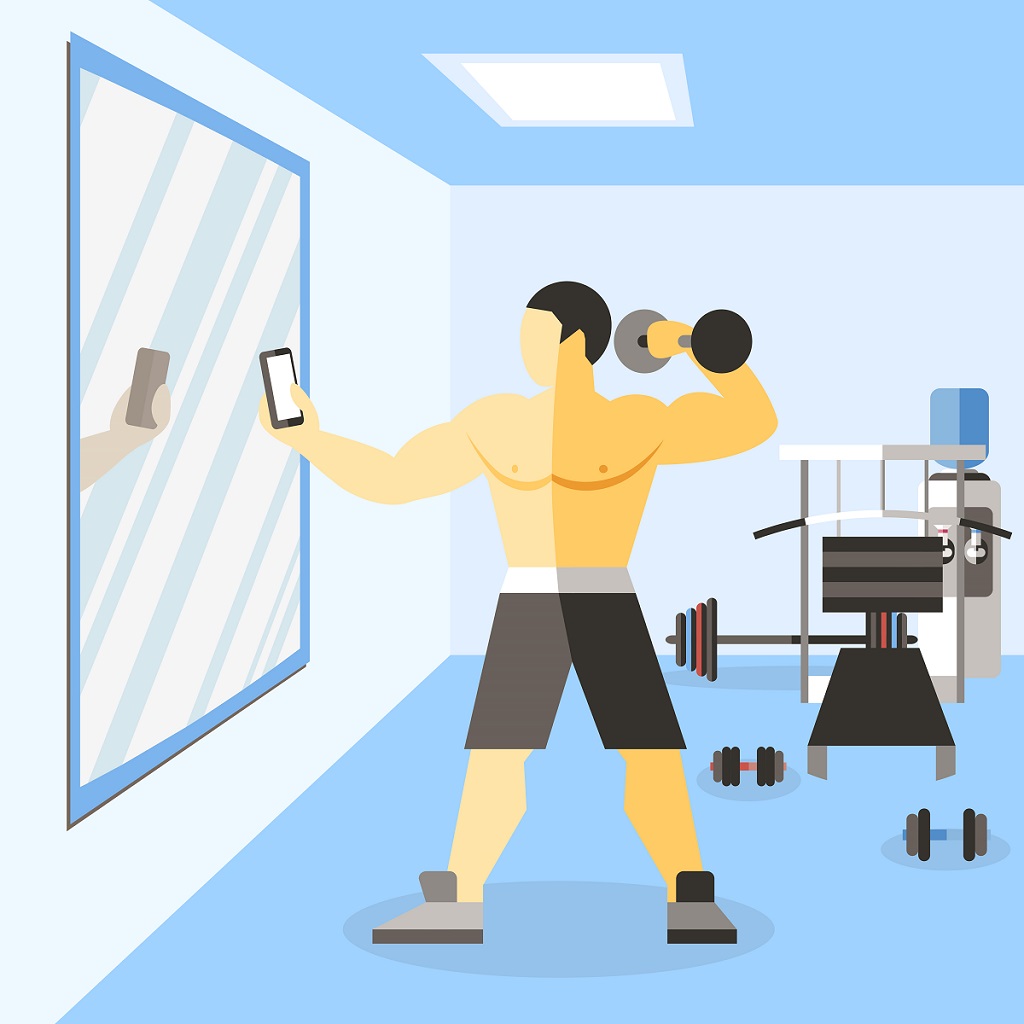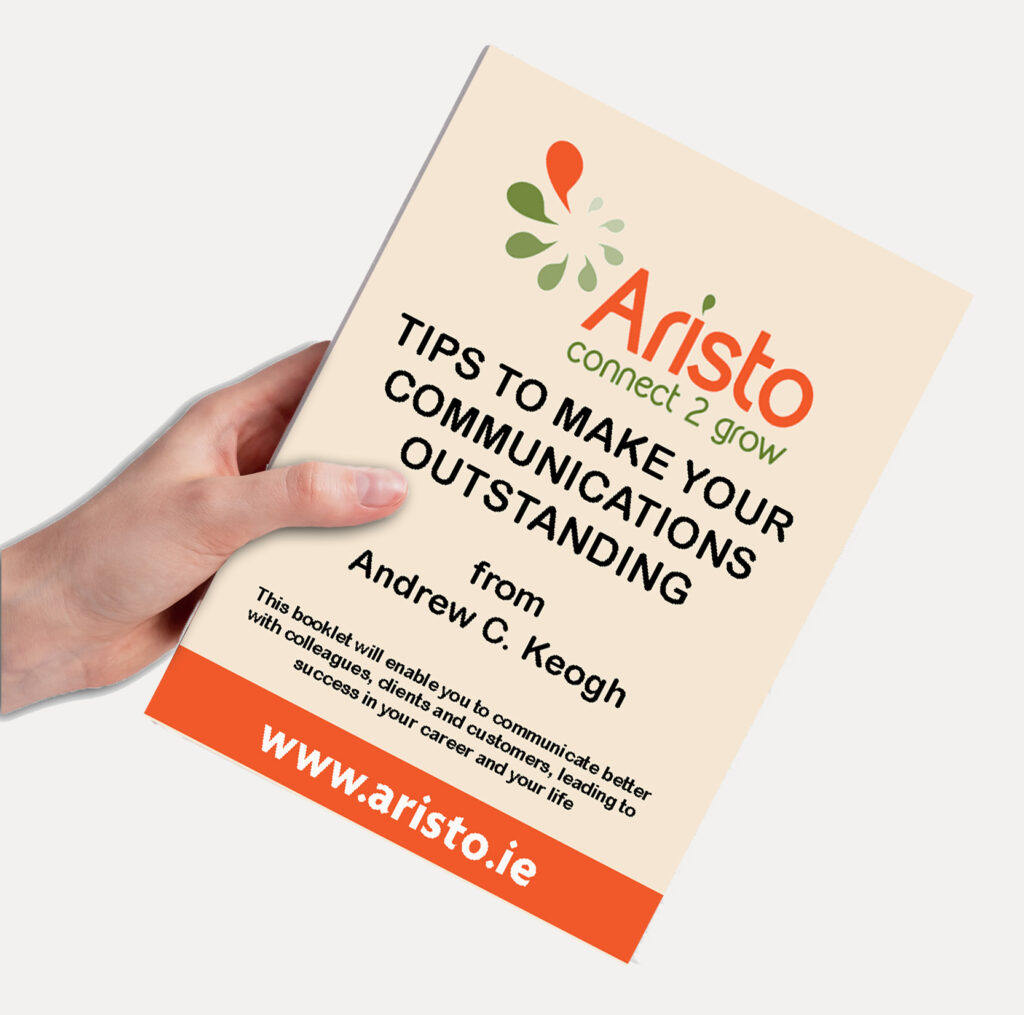Speakers and their advisors frequently put too much emphasis on body language.
It’s not about your gestures, it’s what you have to say that matters.
What do I do with my hands?
Michael Martin, Tánaiste (Deputy Prime Minister), and Paschal Sheehy (Journalist) were both advised by a schoolteacher or presentation coach to continually tip the tops of their fingers together when speaking.
It is a gesture that does not appear sincere to me, as they often talk about emotive topics.
Some other hoary old Chestnuts:
“Always button your Jacket”:
This advice was given to TV presenter Ryan Tubridy by some well-meaning coach.
This nervous tick caused great distraction to me and others as he continually buttoned and unbuttoned his jacket during the “Late Late Show”.
“Hands in Pocket”:
Do not put both hands in your pocket. Two of my favourite communicators are former American Presidents Bill Clinton and Barack Obama, and both speakers do just that. One pocket is OK; two is too casual.
I am sure you also have your pet hates when watching someone present, be it on television or in person. (Tell me what bothers you.)
The Secret to Presenting Success:
The secret to being a good communicator is talking about your beliefs.
If your passion and your enthusiasm for your subject come across, nobody will be greatly concerned about your body language.
I want my clients to be passionate about their topic, not posey.
My Best Advice:
If you were in conversation with friends or family over a cup of coffee, would you be thinking about your body language? No, you would just tell your story.
Stop presenting to audiences. Tell them stories you believe are important (true), and let your body language do what comes naturally to you.
Do I believe this Person?
Your first judgement, whether you’re aware of it or not, is do I believe this person?
If you say I do, you will likely take their advice/suggestion on board.
When you say NO, it does not matter how polished a presenter this person is; the answer is still no, and I do not believe you.
Action:
Start talking in a conversational way to your audience and let your body/gestures do what comes naturally.
Why not join me on my free Webinar on the 22nd of May, and gain further insights on how to communicate impactfully?
P.S. You can develop a strong handshake, but this does not signal that you are a strong, upright person with qualities that people with weak handshakes lack.
Surplus to requirements:
Give some thought to the people who engage you when communicating, be it in person, on radio/ TV, or the myriad of other platforms that people now use to influence you.





